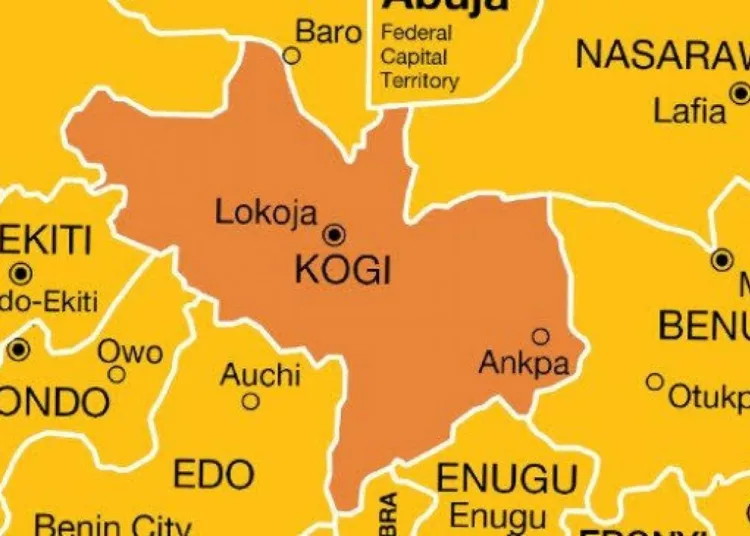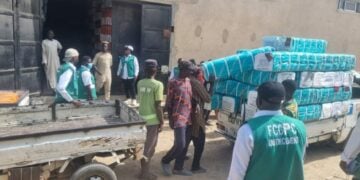To curb maternal and neonatal deaths in Kogi State, its Ministry of Health, in collaboration with the Federal Ministry of Health and Social Welfare and some development partners, has commenced a five-day Implementation Design Workshop under the Maternal and Neonatal Mortality Reduction Innovation Initiative (MAMII).
The workshop, which began on Monday at Reverton Hotel, Lokoja, brought together stakeholders from the health sector, partners and community representatives to design a clear implementation roadmap for reducing preventable maternal and newborn deaths in Kogi State.
Declaring the event open, the commissioner of Health, Dr Adams Abdulaziz, reaffirmed the state government’s unwavering commitment to improving maternal and child health outcomes.
The commissioner, represented by the ministry’s permanent secretary, Stephen Momoh, said former governor Yahaya Bello’s administration remains resolute in its drive to strengthen the health system, ensure safer deliveries and secure better survival rates for mothers and infants across Kogi communities.
In a goodwill message, the country lead of the MAMII Programme, Dr Dayo Adeyanju, who represented the coordinating minister of Health and Social Welfare, Prof. Mohammed Ali Pate, said the initiative reflects the federal government’s commitment to addressing the high maternal and newborn mortality rates in Nigeria.
Adeyanju said rather than relying on a top-down approach, MAMII is people-centered, ensuring solutions emerge from community experiences and evidence.
“Nigeria’s contribution to global maternal mortality is a concern we can no longer overlook. This administration, under President Bola Ahmed Tinubu, has chosen to confront the challenge directly through MAMII, which unites all tiers of government and stakeholders to create lasting change,” he said.
Speaking on Lokoja’s selection for the pilot phase, Dr Bola Kelvin Jonah, the sector-wide approach (SWAP) officer for Kogi State, said the choice was based on data indicating a high maternal mortality rate in the area.
He said the workshop would not be limited to discussions but would involve direct engagement with communities to understand cultural, economic and systemic barriers preventing women from accessing healthcare.





